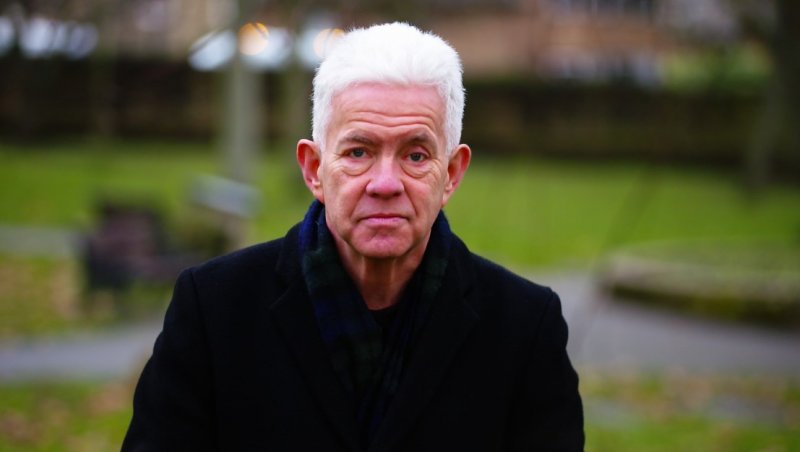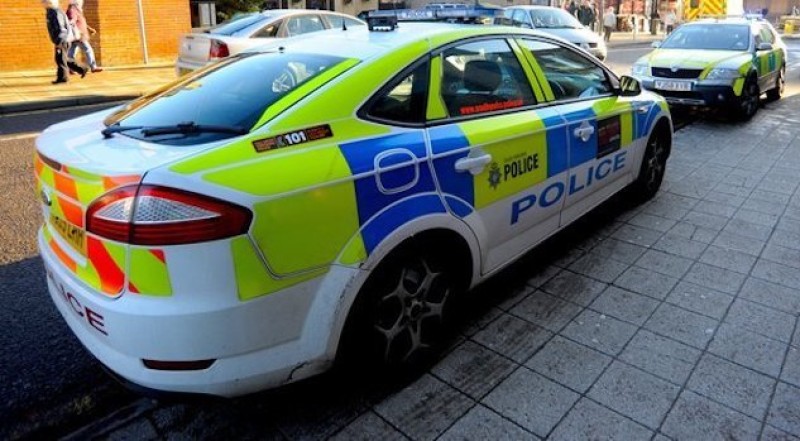POLICE closed their investigations into more than half of crime reports in South Yorkshire last year without a suspect even being identified, figures from the Home Office reveal.
That is on top of an increase in the overall crime rate which saw numbers of offences reported to the force soar by around a third to 121,000 last year, compared to 93,000 only two years previously.
However, while police chiefs accept there have been increases in offences of burglary, robbery and knife crime, they say the overall statistics should be treated with some caution because changes to the way crimes are recorded mean incidents previously attributed to antisocial behaviour are now categorised as crimes.
Last year, 56 per cent of investigations were closed without anyone being identified as a suspect in South Yorkshire. Two years previously, the figure had been 45 per cent, and in West Yorkshire last year it was down to 45 per cent.
However, South Yorkshire Police say the figures may be skewed because of improvements to the accuracy of the way crimes are recorded.
A spokesman said: “These changed recording practices account for some of the large increase in recorded crime. This is most noticeable in incidents of violent crime, where no injuries are sustained, and harassment.
“Given that these crime types are less likely to result in suspects identified, this accounts for the increase in such crimes being resulted in the manner recorded.”
The South Yorkshire force has also been ranked as ‘good’ recently by government inspectors for its record on the prevention of crime, tackling anti social behaviour, investigating crime, reducing re-offending and tackling serious and organised crime.
The new figures have been unearthed by Labour and come after years when police nationally have been trying to come to terms with budget cuts through the austerity years and it has been known for some time that crime rates have been increasing.
The South Yorkshire force has also been affected by now discredited decisions made by its previous chief constable, which included scrapping neighbourhood policing in the name of cost saving.
Since current Chief Constable Stephen Watson took over, he has made changes which include restoring that service, but residents in some areas have seen crime rise in the meantime and believe pulling officers out of rural areas to centralise resources left criminals with an opportunity they were quick to exploit.
The Penistone area of Barnsley has had particular problems and it remains unique in the area in having some neighbourhood staff based at the town’s police station, rather than several miles away with the bulk of their team.




























